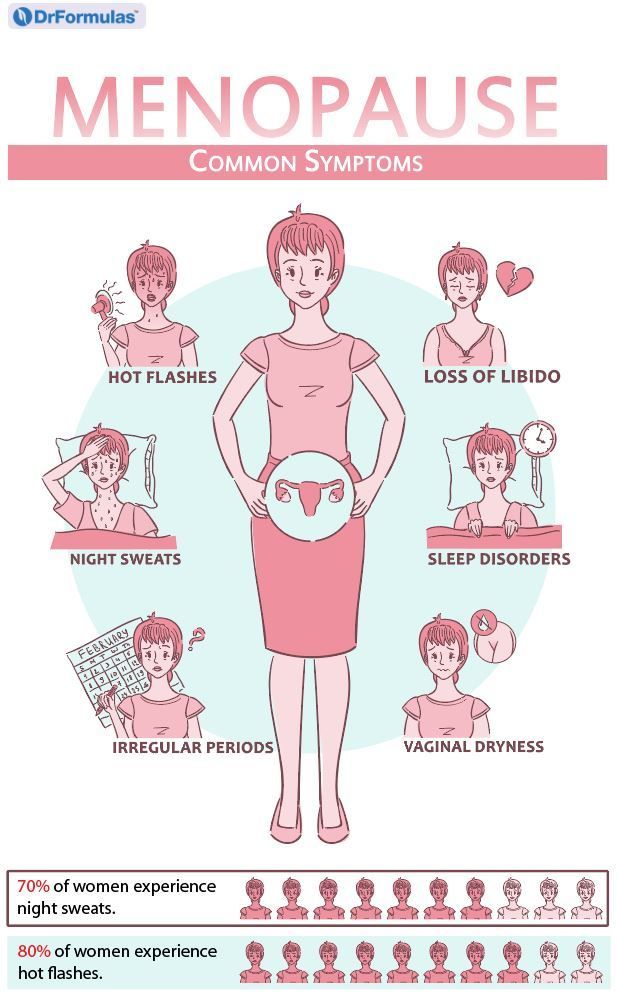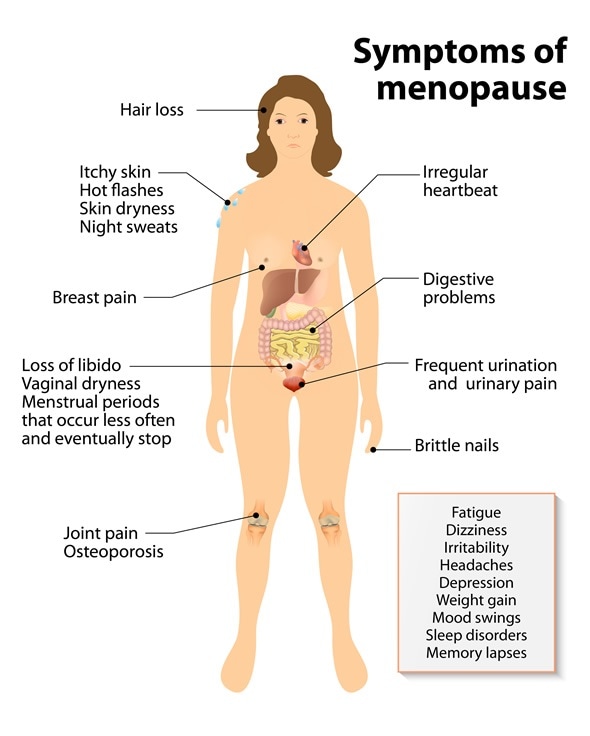
The average duration of menopause for women is about four to six years. As women enter their thirties and forties, they will experience the symptoms of menopause as well. These symptoms are usually caused by the body’s natural aging process. Some of the symptoms include hot flashes, irritability, fatigue, night sweats, sleep problems, mood swings, depression, lack of sex drive, and anxiety. This is why it is important to understand the signs and symptoms of menopause.
Menopause has a normal lifespan, but it can last for a few more years than this for some women. When menopause does start, it is usually in your fifties and sixties, but this depends on your age and the severity of the symptoms.
Symptoms of menopause include hot flashes, mood swings, insomnia, decreased sex drive, weight gain, night sweats, moodiness, and lack of sex drive. More serious menopausal symptoms often occur when a woman has a high fever or when she experiences unusual symptoms of a fever or cold. This is called menopausal hot flashes.
These hot flashes during menopause are often accompanied by nausea and vomiting, sweating, and chills. Many women report experiencing symptoms several times during the day. It is important to remember that these symptoms are not harmful and can often be treated with over-the-counter medications. However, it’s also important to note that these symptoms can also be associated with other health conditions, such as heart disease or diabetes.
Menopause can also cause major changes in the body. One of the most common changes is an increase in blood sugar levels. If a woman does not take insulin and her blood glucose levels are abnormal, she may develop hypoglycemia, a condition that causes dangerously low blood sugar levels.
Although the symptoms of menopause can be difficult to combat, it is not necessary to start taking medication. Most symptoms can be relieved with regular exercise and eating foods that contain healthy carbohydrates. It is also a good idea to make sure you get enough sleep every night. and that you do not smoke because smoking has been found to be a contributing factor to menoporrhage, an imbalance between the menstrual cycle and menstruation.

The time it takes to know how long menopausal lasts will also depend on your age and the severity of your symptoms. For younger women, it may take a couple of years after the first symptoms before they have any type of relief. For older women, symptoms can occur much sooner. A visit to a doctor is very important so that a diagnosis can be determined.
If you are going to have a hysterectomy, an ultrasound or laparoscopy may be done to determine if you have menopausal symptoms. If they are not caused by menoporrhagia, then treatment may need to be initiated.
When there are hot flashes, it is important to remember that there are natural ways to treat them. You may want to try drinking more water and increasing your fiber intake, both of which will reduce the amount of estrogen that is being produced in your body. Also, a natural hormone replacement therapy may be suggested for the menopause symptoms.
How long does menopause last? The best answer to this question will vary from individual to individual. While some women report relief within two to four years, others experience the symptoms much longer.
In addition to hormonal changes, menopause also causes physical changes, such as thinning of the bones and increased risk for osteoporosis. It is important to keep the bones strong and healthy. Regular exercise and diet are also important.
The time it takes for hot flashes to end will vary from person to person. Many women find relief within two or three years, while others find that it takes even longer to see the full effects of menopause. Talk to your doctor about possible methods of reducing the symptoms and the possible treatments.
About the author